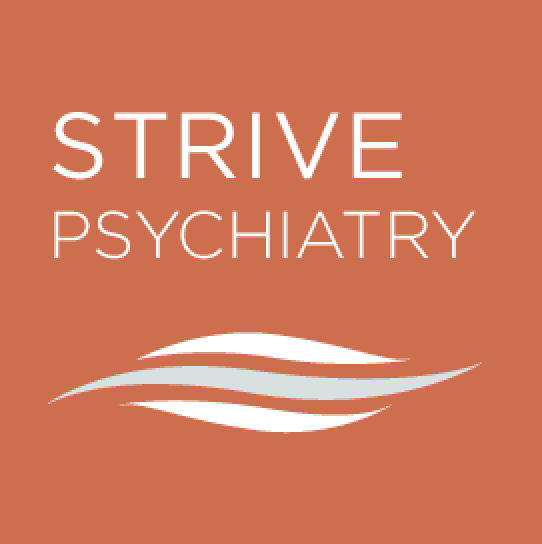Obsessive-Compulsive Disorder (OCD) is a highly-stigmatized and misunderstood condition. Though often associated with cleaning and organization, this disorder is far more than a drive for perfectionism. OCD, in reality, is based on repetitive and unwanted intrusive thoughts (obsessions) that lead to specific behaviors (compulsions). Though everyone has unwanted thoughts from time to time, individuals with OCD experience these thoughts to a degree that causes significant distress and anxiety. Those with OCD become quickly trapped in a spiral of compulsions that aim to ease the intrusive thoughts, which in turn fuel the compulsive behaviors. This could manifest as a fear of germs that causes one to wash their hands until they crack and bleed, or to mentally repeat phrases until the obsession is repressed. Regardless of the manifestation, compulsions are rarely rooted in reality, and only provide short-term relief for obsessive thoughts.
It is not uncommon for those with OCD to recognize that their compulsion is only going to give temporary results. For many, temporary relief is better than letting the intrusive thought continue for long periods of time. Long-term relief from these symptoms can be found in many different treatments, which can grant a patient peace of mind and a higher quality of life.
